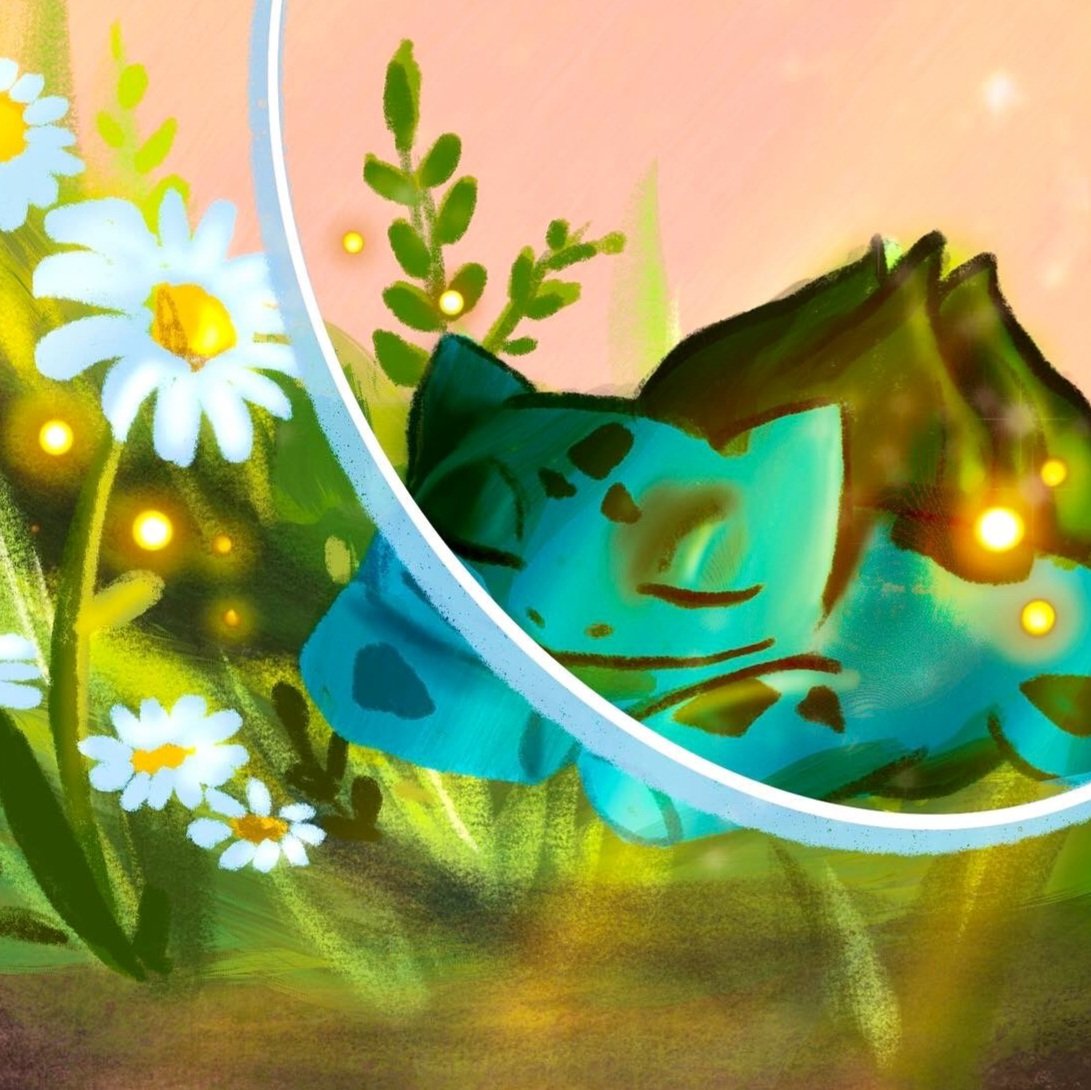- Decoding “Never Again” by Sherry F. Colb, whose family were holocaust survivors.
What people mean, then, when they say that a comparison between animal agriculture and the Holocaust must be trivializing to the latter, since they cannot be referencing the magnitude or scale of the injury, must be instead the relative insignificance of the victims of animal agriculture. People who say that the analogy necessarily trivializes the Holocaust plainly regard the nonhuman victims of the injury as trivial individuals. The complaint is “how can you compare grave injuries to beings who matter—human beings—to grave injuries to beings—non-humans—whose lives do not matter and are trivial?” I see this second type of complaint in the notion that comparing animal slaughter with the Holocaust necessarily trivializes the Holocaust, and insofar as that is the complaint, I reject it. It betrays the very lessons that one needs to learn from the Holocaust’s construction of Jews.
- “Can the Treatment of Animals Be Compared to the Holocaust?” by David Sztybel, the son of Holocaust survivors. Dr. David Sztybel: http://davidsztybel.info
The comparison in general, to the extent that it can be illuminated, cannot successfully be impugned and by alleging that it glosses over particular differences, is insulting, trivializing, or put forward by those who are “Nazi-like.” Certainly, it would be viciously circular to assume that animal liberation is mistaken from the start, which makes a comparison offensive, and which in turn is supposed to prove that animal liberation is wrong. I conclude that if all other objections against animal liberation fail, objecting to the Holocaust comparison by itself will not indicate the case for anti-animal liberation. I submit the possibility that some people are deeply offended by the comparison because they are profoundly prejudiced against animals and in favor of human beings, and intolerant of those who hold opinions that are reflective of animal liberationist tendencies. If there were no such thing as discriminatory oppression, there never would have been a Holocaust, but neither could there be what animal liberationists refer to as speciesism. Far from the comparison being intrinsically objectionable, it is potentially useful and Illuminating, and may help to underline the gravity of our oppression of nonhuman animals.
- “Animals, My Brethren", by Edgar Kupfer-Koberwitz, who wrote this while in the concentration camp at Daschau
The following pages were written in the Concentration Camp Dachau, in the midst of all kinds of cruelties. They were furtively scrawled in a hospital barrack where I stayed during my illness, in a time when Death grasped day by day after us, when we lost twelve thousand within four and a half months. […] I refuse to eat animals because I cannot nourish myself by the sufferings and by the death of other creatures. I refuse to do so, because I suffered so painfully myself that I can feel the pains of others by recalling my own sufferings.
When I see cages crammed with chickens from battery farms thrown on trucks lile bundles of trash, I see, with the eyes of my soul, the Umschlagplatz. When I go to a restaurant and see people devouring meat, I feel sick. I see a Holocaust on their plate.
- Isaacs Bashevis Singer, “Enemies, A Love Story” and “The Letter Writer”
What do they know-all these scholars, all these philosophers, all the leaders of the world - about such as you? They have convinced themselves that man, the worst transgressor of all the species, is the crown of creation. All other creatures were created merely to provide him with food, pelts, to be tormented, exterminated. In relation to them, all people are Nazis; for the animals it is an eternal Treblinka.
- Alexandra M., full name withheld, a Holocaust survivor whose family was murdered. "The Lesson Has Not Been Learned”
Almost seventy years since that War – and the lesson has simply not been learned. There is not a single memorial in which there’s no mention of those innocent led “like lambs to the slaughter”. Woe is to him, though, who has the audacity to even hint that there’s anything wrong with the lambs themselves being led to slaughter. Woe is to him who compares those past persecutors and today’s; past freedom fighters with today’s. As if those led to slaughter back then were pronounced inferior “by mistake”, whereas those pronounced so today are “truly” inferior. As if one extermination isn’t the same as another, as if rescuers aren’t rescuers wherever they are. As if the calf doesn’t treasure his or her life, as if the hen doesn’t prize her freedom, as if the sow does not enjoy the company of her friends.
In the forward to the book, animal rights activist and daughter of Holocaust survivors, Lucy Rosen Kaplan states:
I came to understand that the oppression of nonhumans on this Earth eclipses even the ordeal survived by my parents.
Eternal Treblinka should be on every list of essential reading for an informed citizenry…for the compelling comprehensiveness of the life-and-death story it tells.
–National Jewish Post & Opinion
Whether the comparison between the extermination of the Jews and our daily slaughter of millions of ‘food’ animals evokes agreement or outrage, you will want to read this meticulously researched and compelling treatment of a painful and controversial subject.
–Jewish Journal of Greater Los Angeles
Exceptionally well done. I’ll recommend it to many others. A cold shower for relativists cozy in their SUV’s, I hope many read it and I hope many Jews, like myself, make room for the lessons within. I don’t see it as a diminution of the Holocaust. Quite the opposite.
–Paul Allen
I dedicated my mother’s grave to the geese. My mother does not have a grave, but if she did I would dedicate it to the geese. I was a goose too.
-
Speech from Alex Hershaft, and you can find several more on YouTube. Page on Jewish Veg website

